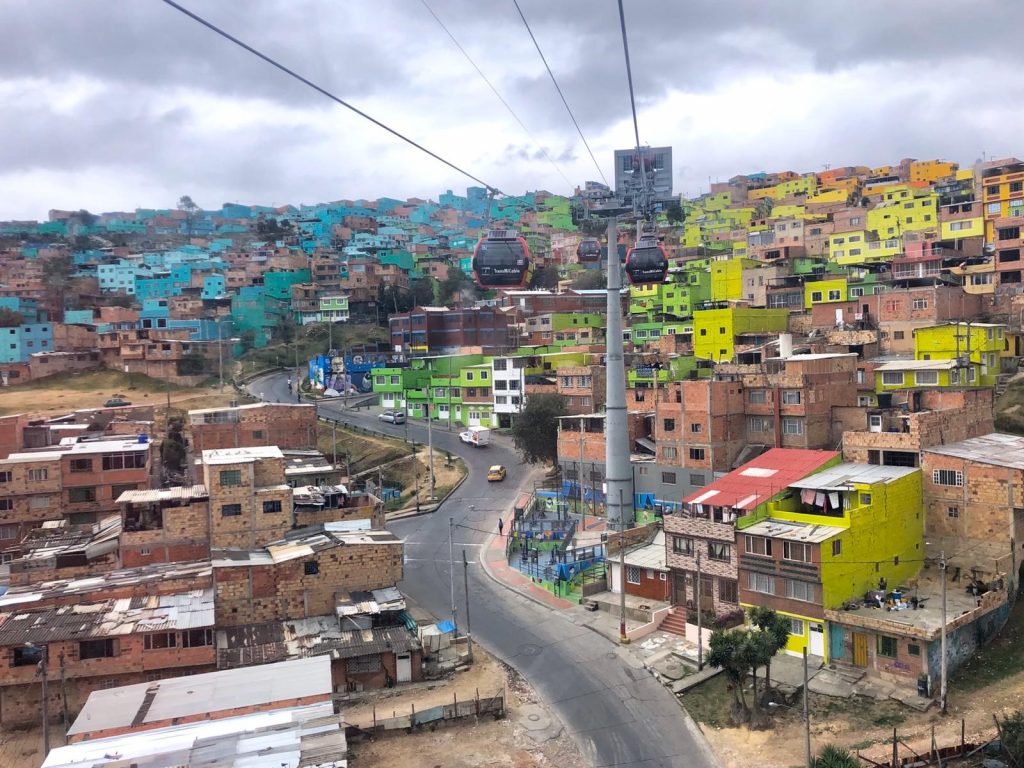
In September 2019, Colombia started its process of updating the NDC to the UNFCCC. The update is taken as an opportunity to review and update data and information, including mitigation scenarios, assessing sub-sectors and opportunities for accelerating measures. It is considered a new emissions baseline, as well as the emission trajectories resulting from the implementation of different mitigation measures that are already being developed, or new ones that are expected to be developed.
In an innovative format of cooperation, the association of the projects TraCS and EUROCLIMA+ is contributing to support the NDC process in Colombia. By providing expert support the NDC it will be made a methodological revision of its measures; the management of the process will be documented to facilitate the transport sector involvement and the level of ambition for the transport sector will be revised.
The level of ambition of the NDC 2020 is to be analysed by using different approaches:
As a second stage of this contribution and to facilitate the report to the mitigation targets from the transport sector, a MRV will be designed to be used in the implementation phase of the NDC. Finally, capacity will be developed through facilitating ministries engagement and promoting exchanges of best practices with peers in the Latin American Region through EUROCLIMA+ and with countries from the African Region through TraCS.